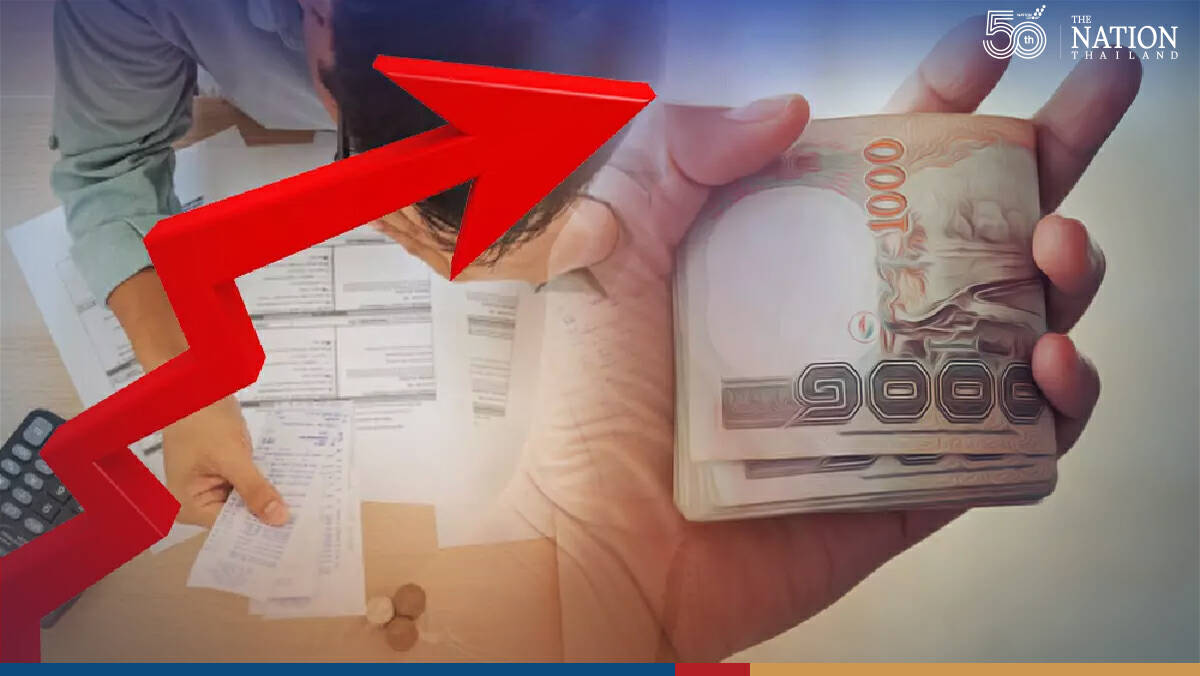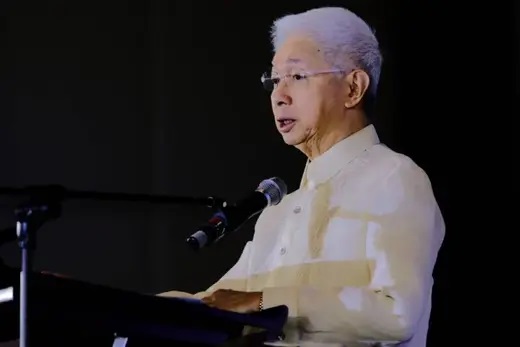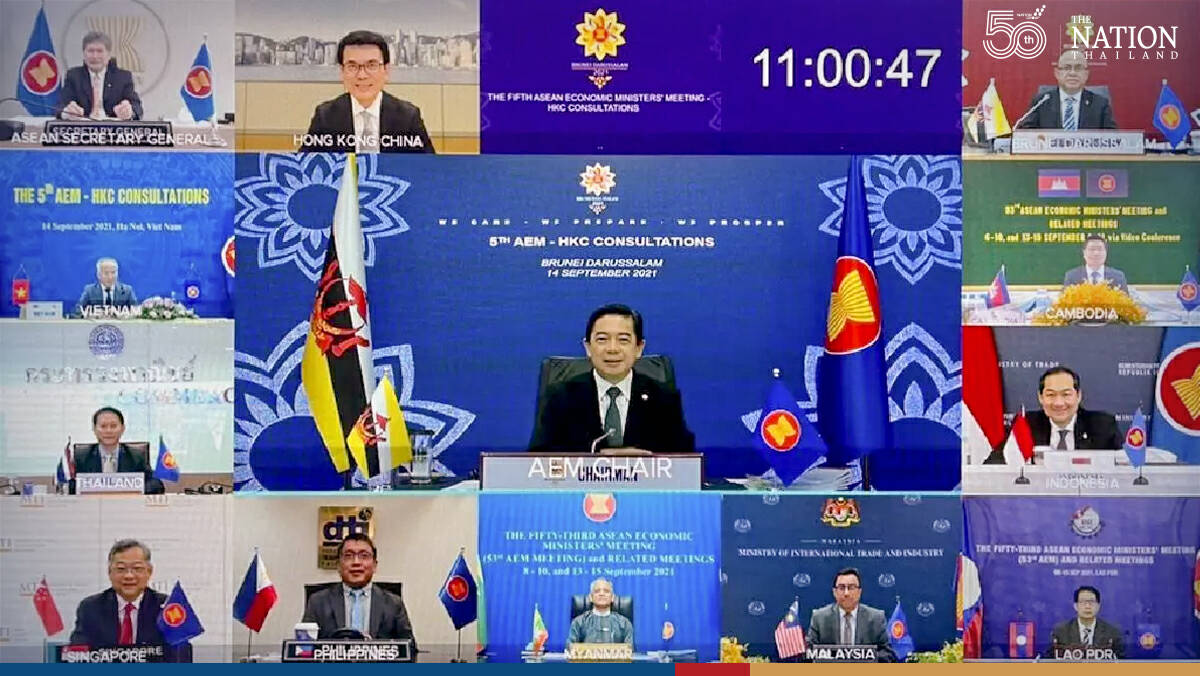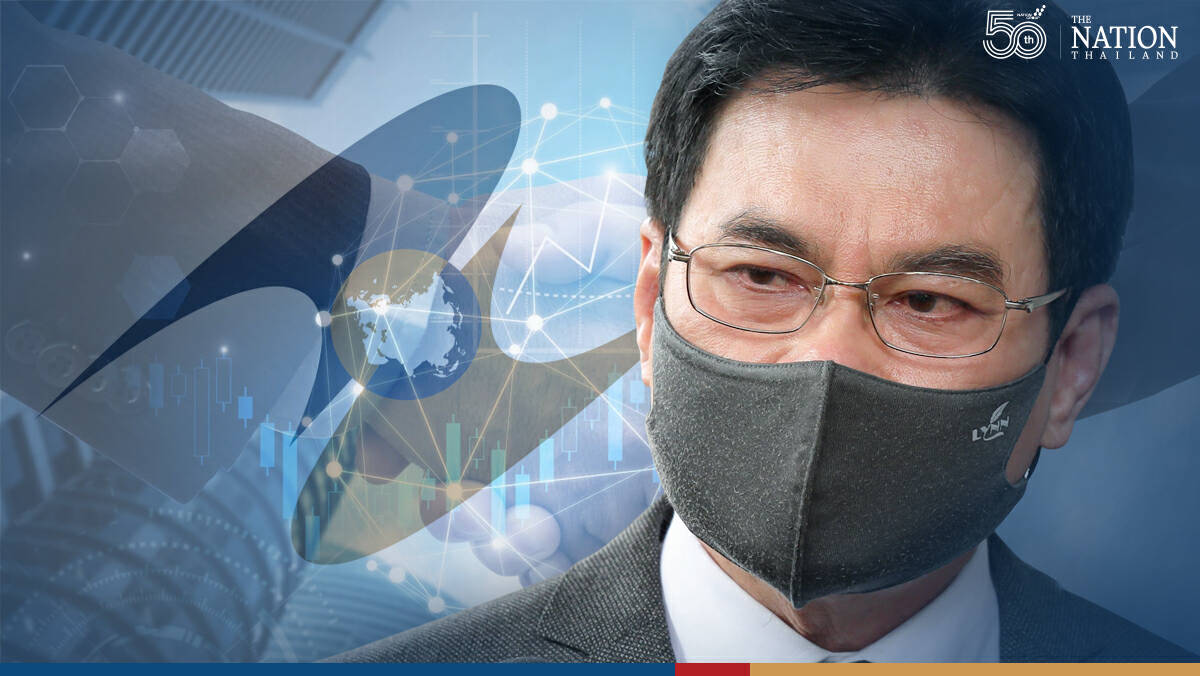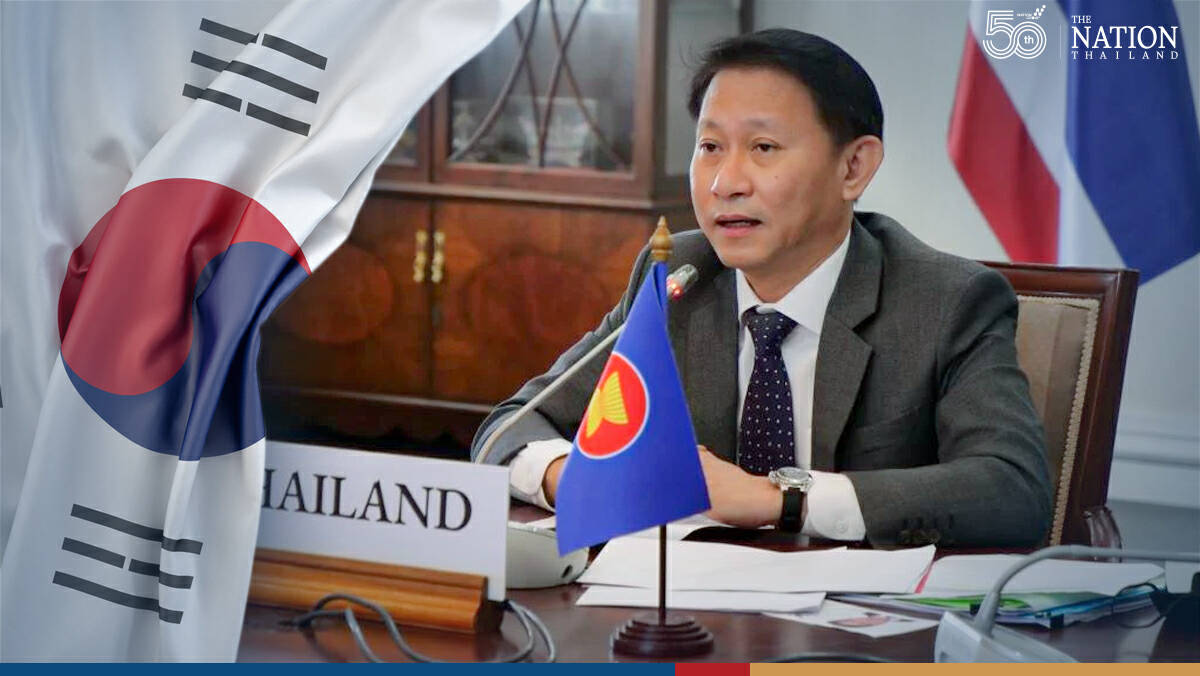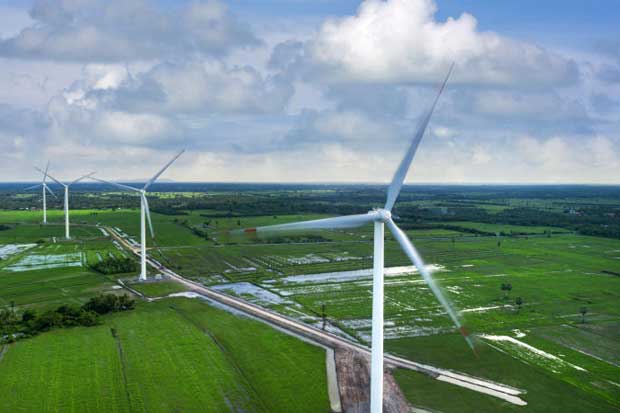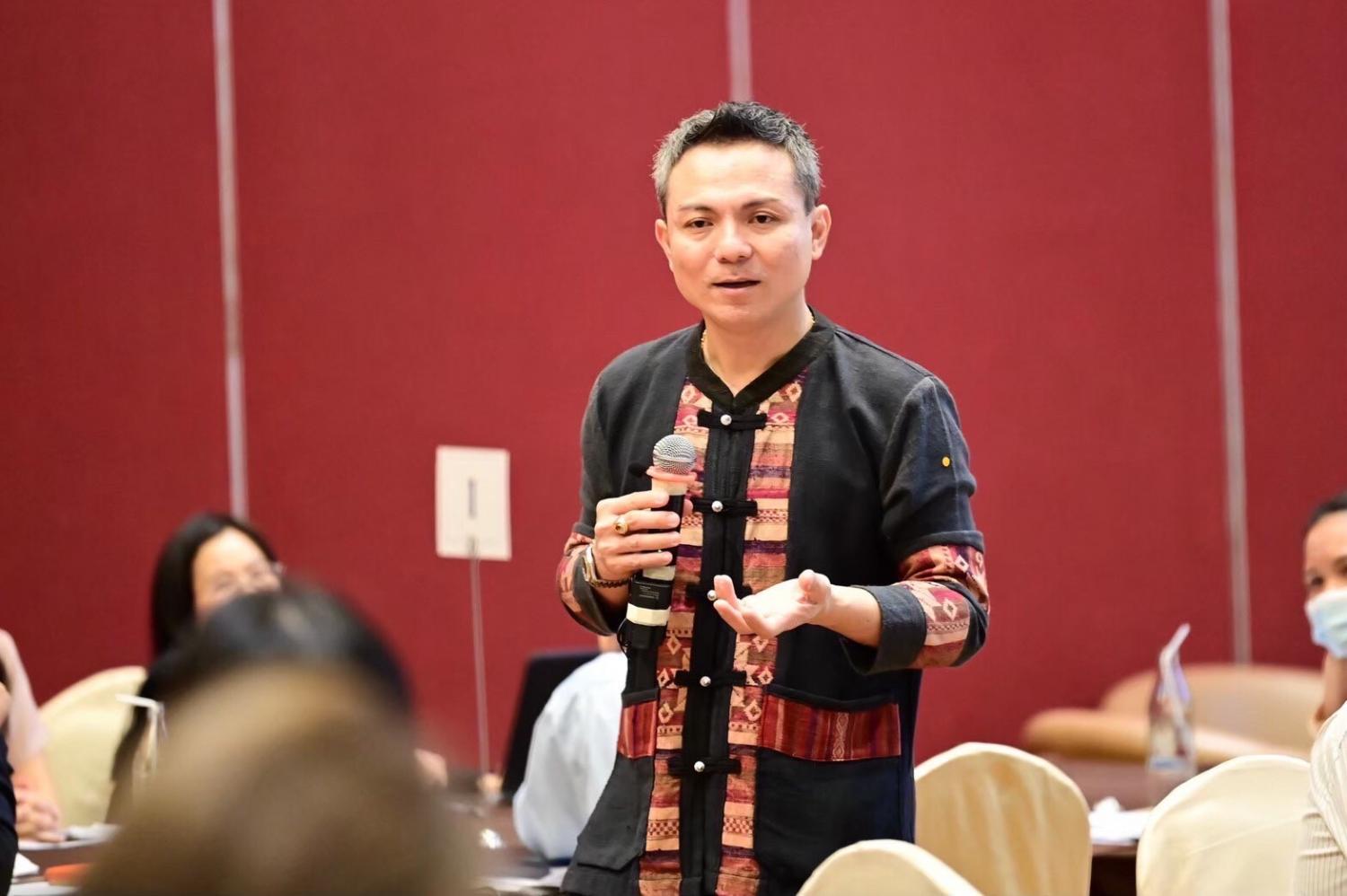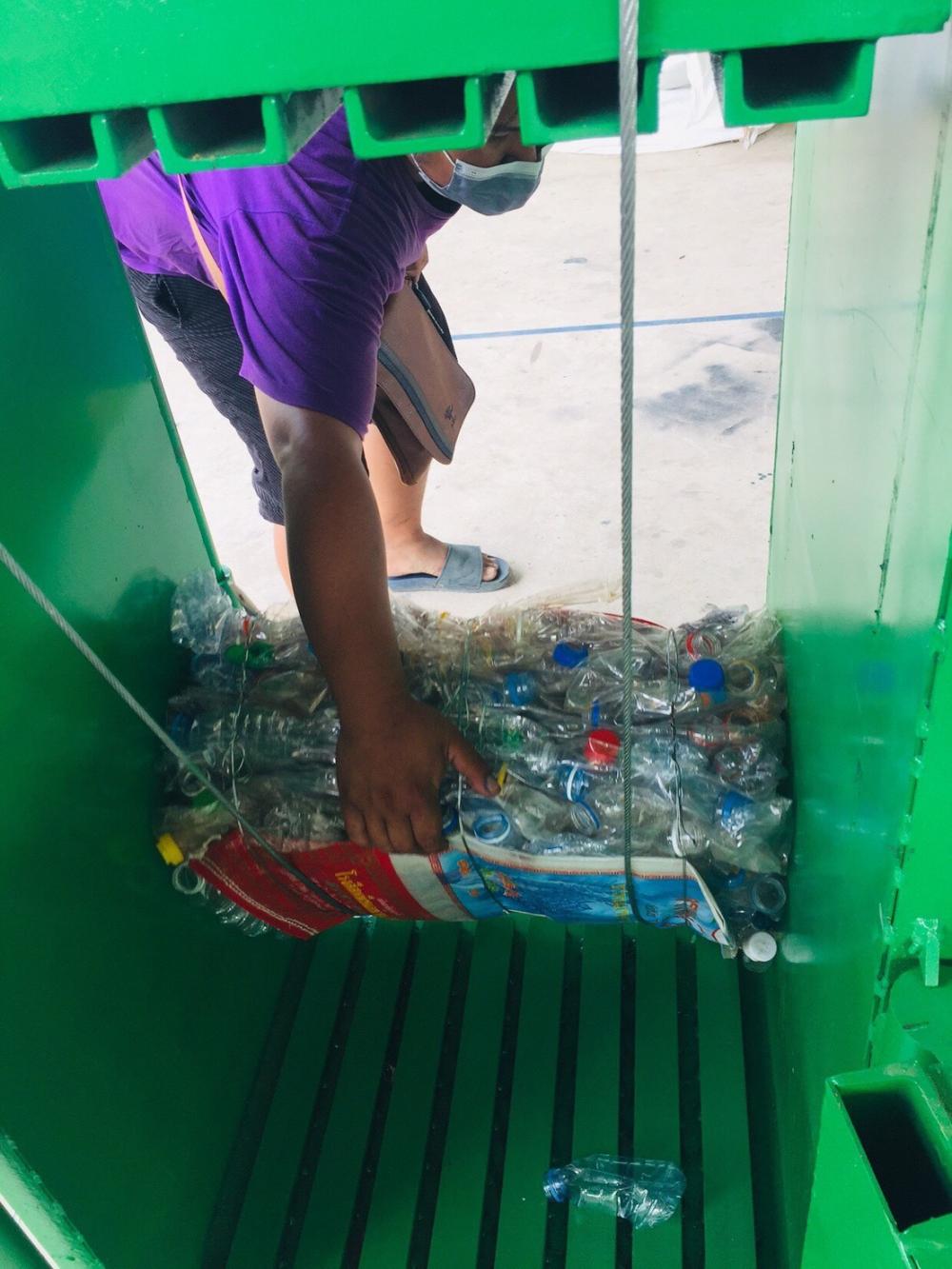The ASEAN Digital Masterplan 2025 envisions ASEAN as a “leading digital community and economic bloc” – a bold plan that demands effective investments in infrastructure and skills.
he Singapore Institute of International Affairs (SIIA) organised the webinar, “Investing in Digital Infrastructure: Narrowing the Digital Divide in ASEAN”. Moderated by Mr Satyanarayan Ramamurthy, Partner and Head of Infrastructure, Government and Healthcare with KPMG Singapore, and SIIA Associate Council Member, the webinar featured Dr. Le Quang Lan, Assistant Director, Head of the ICT & Tourism Division, ASEAN Secretariat, and Mr. Andrew Williamson, Vice President and Economic Advisor of Government Affairs, Huawei.
Governments need to ensure equitable digital transformation
As the adoption of digitalisation increase, ASEAN governments have been pressured to develop digital infrastructure. Yet in the process, Dr Lan emphasised that millions of people, particularly the less digitally-enabled, may be excluded from affordable services and relevant content. Mr Williamson stated that businesses must adapt, they would either “go digital or go dark”. To prevent large-scale inequalities, governments have to encourage private sector investments in rural areas too.
“In a contactless world, the vast majority of interactions with customers and employees must take place virtually. With rare exception, operating digitally is the only way to stay in business through mandated shutdowns and restricted activity,” said Williamson.
Unfortunately, telecommunications infrastructure is too costly to establish in far-flung regions. Rural residents and small businesses also lack the readiness to create economic value after being connected. A holistic approach is essential for equitable and effective results. Local governments would need to incentivise the private sector to digitally onboard the entire nation, promote the innovation of cost-effective digital solutions, and also raise public digital literacy and awareness.
ASEAN as a source of guidance for comprehensive and rationale policies
ASEAN’s importance lies in knowledge-sharing and shaping legal frameworks. The regional bloc collates and disseminates best practices across the region. The Digital Masterplan 2025 is an example of the bloc is assisting less-digitalised economies on issues including, but not limited to strengthening rural connectivity, coordinating cross-border data flows, and adopting new (Industrial Revolution 4.0) technologies. Attention is particularly directed to scaling up Micro, Small and Medium Enterprises (MSMEs); ultimately providing affordable services to rural, urban and international consumers. Mr Williamson highlighted that the region has promising unicorns, so retaining digital talent would also be a priority.
A concern, however, is underlying geopolitical tensions. Both Dr Lan and Mr Williamson warned against the bifurcation of digital and IR 4.0 technologies. Sino-American tensions have deepened techno-nationalism, which only results in losses to all parties involved. Countries are cautioned against decisions based on political motivations. Dr Lan affirms that “ASEAN very much abides by the principle of technology neutrality…we [ASEAN] shall not prevent [the adoption] of one technology over another.” This principle will play a key role in developing a common standard that can maintain global value chains while sustaining regional business development.
Private sector innovation critical to realising the visions of a digital economy
Based on a historical example of the optimisation of internal combustion engines in the 19th century, Mr Williamson illustrated that the world is at the brink of revolutionising new technologies such as Artificial Intelligence and machine-learning. This is an opportunity for ASEAN to lead, innovate and dramatically reduce digital infrastructure costs. Bigger players with rich resources like Huawei would need to be the first movers. Major companies can, and have already been, partnering with governments in producing training and upskilling programmes. Whether it be young students, small enterprises, women or mid-career switching talents, public-private collaborations would be beneficial in creating an attractive and diverse digital talent pool. The end goal is a robust and productive digital ecosystem that boosts the entire private sector, including MSMEs.
Involving all stakeholders is key to an inclusive digital community
ASEAN is a diverse region; each country’s digital strategy has a different level of maturity. It is crucial that the initiatives take advantage of the stakeholder’s capabilities, while also accounting for their needs. With an internet economy set to reach US$300 billion in 2025, more opportunities would arise. As a member of ASEAN and a key hub in the region, Singapore’s interests are tied to this ongoing transformation.
Source: The Nation Thailand
Original published: Septmber 15, 2021



